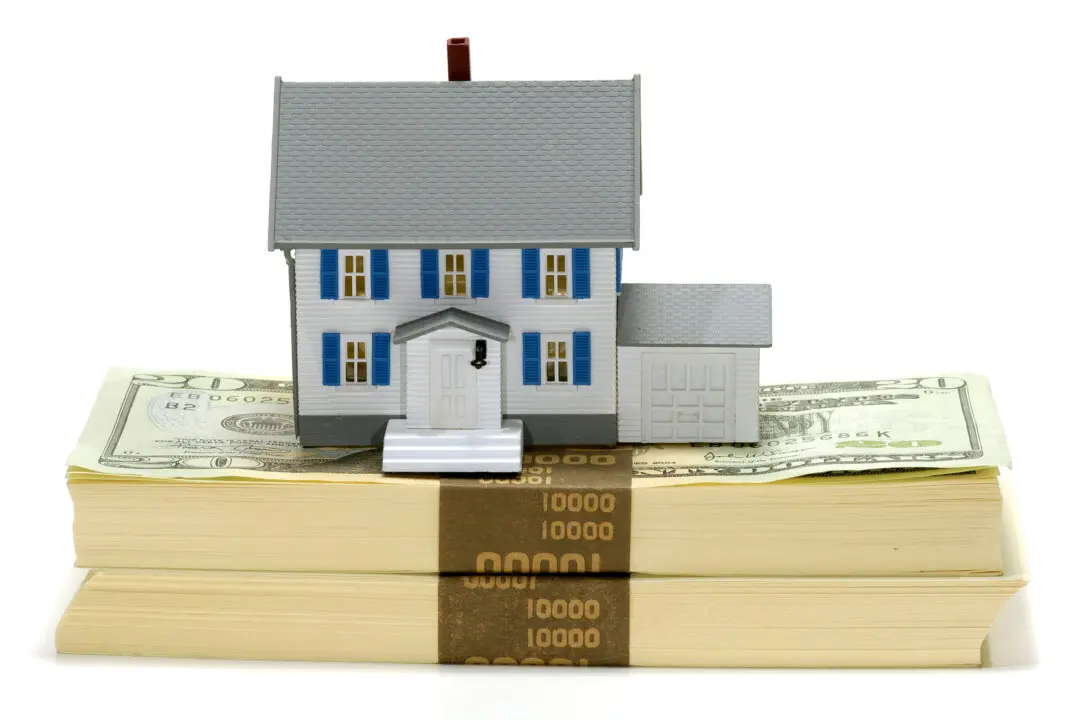By Sandra Block
From Kiplinger’s Personal Finance
U.S. homeowners had more than $35 trillion in home equity in the fourth quarter of 2024. If you’re among those who have a heap of equity and you plan to downsize to a smaller home, that’s great news. But homeowners who want to stay put are finding it increasingly difficult to afford the cost of remaining in their homes.






